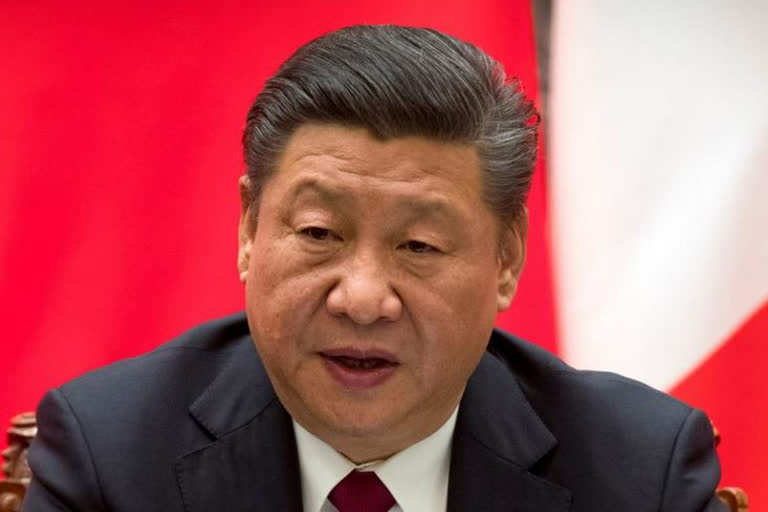Hyderabad: China on Friday claimed that "a majority of the members" of the United Nations Security Council (UNSC) have voiced their concerns over the situation in Jammu and Kashmir, and called on relevant parties to remain restrained and seek early de-escalation.
The statement made by Chinese foreign ministry's spokesperson Geng Shuang came a day after India asserted that an overwhelming majority of the 15-member UNSC believe that the world body was not the right forum to discuss the Kashmir issue.
China had made a fresh pitch to raise the Kashmir issue in a closed-door meeting of the UN Security Council in New York on Wednesday, more than five months after India revoked Article 370 of the Constitution that accorded special status to Jammu and Kashmir.
"At the request of Pakistan, the UNSC reviewed the issue of Kashmir and heard a briefing by the UN Secretariat and other sides on January 15," Geng said.
Read also: Envoys from 16 nations assess ground situation in Kashmir
"Members of the Security Council are concerned about the current situation in Kashmir and call for observance of the UN Charter and international law, and peaceful resolution of disputes through political dialogue. They believe relevant parties should remain restrained and de-escalate the tension," he said in response to a question on India's assertion that the Kashmir issue did not receive much support from the UNSC members.
The spokesperson said that China "believes that the Kashmir issue is a dispute left over from history and should be resolved properly and peacefully in accordance with the UN Charter, relevant Security Council resolutions and bilateral agreements".
The UNSC's closed-door meeting was called to discuss an issue relating to an African country. China requested to deliberate on the Kashmir issue under the agenda of "Any Other Business Points". No other UNSC member, barring China, commented on the meeting after it ended given that it was an informal consultation.
India has maintained that the abrogation of Article 370 is its internal matter -- a stance which has been supported by several nations around the world, including the SAARC nations (with the exception of Pakistan).
Read also: MEA rebuffs reports over Islamic Cooperation's meet on Kashmir, dubs it 'speculative'



